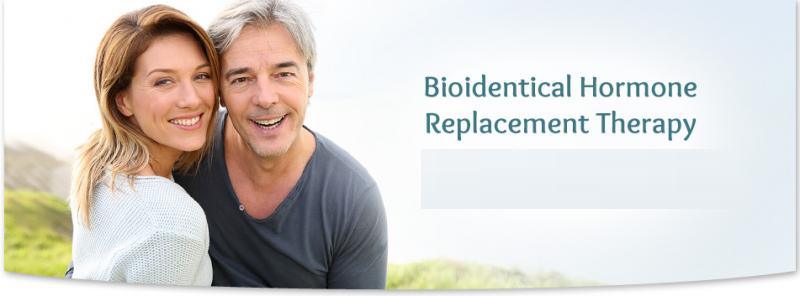When to Get Bioidentical Hormone Therapy

When a person reaches the age of 40, their biological clock begins to tick. This age could mean waking up feeling tired or sad on many occasions. Being in their 40s will make a person feel more tired, depressed, and anxious than before. That is why they need to start listening to their body. Fortunately, bioidentical hormone therapy is available as a solution to these age-related issues.
This therapy involves using hormones that are identical on a molecular level with endogenous hormones. They help resolve symptoms associated with hormonal imbalance or a drop in hormone production because of aging. This treatment is mainly aimed at increasing specific hormones related to youth and reproduction like estrogen, testosterone, and progesterone. Before menopausal and during the transition, the body of a woman begins to experience a shortage of these hormones and its symptoms include hot flashes, fatigue, vaginal dryness, and thinning bones. With this therapy, the patient will feel better and have a rejuvenated body. Below are the major signs a person needs this therapy:
Their Hormone Levels Decline
People who suffer from this problem can usually feel exhausted and tired throughout the day. Fatigue is the main concern and indicates a hormonal imbalance. A lot of people believe that fatigue is normal with old age. However, aging doesn’t have to always mean you feel exhausted all the time. In women, low levels of estrogen and reduced progesterone may lead to insomnia. Also, lower hormone levels cause fatigue in both men and women.
Sleep Deficiency
When a person does not get enough sleep at night, they will feel tired the following day. In both men and women, hormonal imbalance may deprive them of sleep which will, in turn, make their condition worse. Sleep is vital for repair and rejuvenation. Every person needs to sleep to maintain proper hormone balance and health.

Depression and Moodiness
Doctors say that the symptoms of menopause can begin as early as 15 years before they occur. Women who are in their late 30s or 40s complain of some symptoms of depression. After they begin to experience symptoms they will take antidepressants to get the relief they need; however, these pills will usually don’t work for them.
Hormonal imbalance leads to moodiness because body organs and brain have estrogen receptors. When these receptors fail to get the required amount of estrogen hormone, depression can occur. A rise in estrogen levels will also cause a rise in serotonin levels in the spaces between the nerve cells of the brain.

Comments are closed.